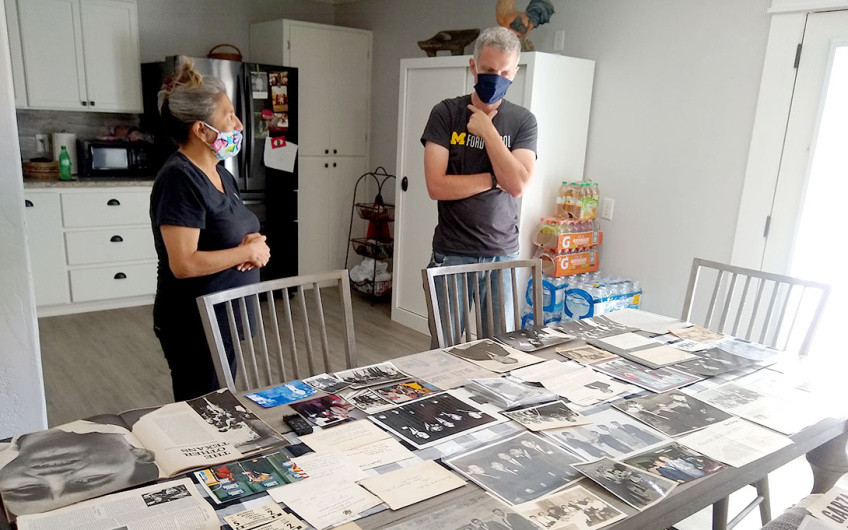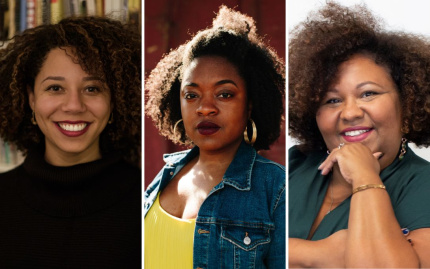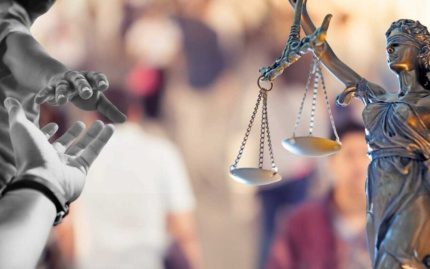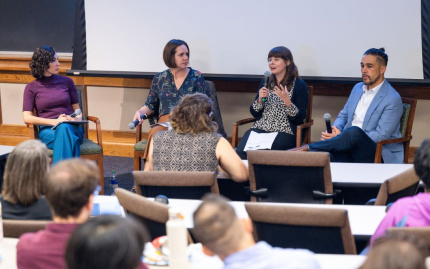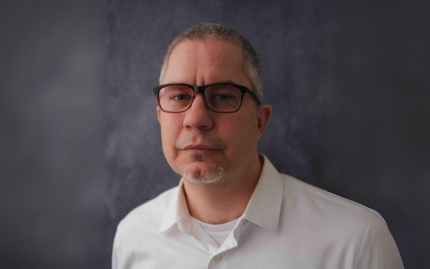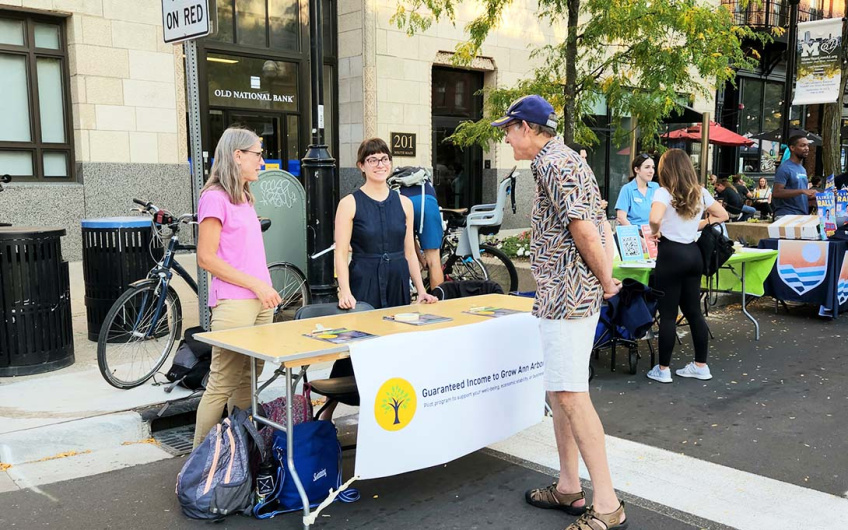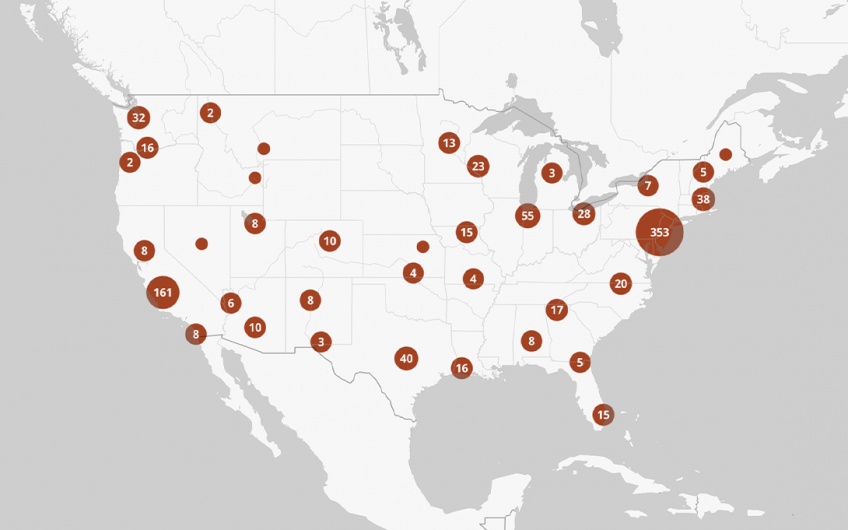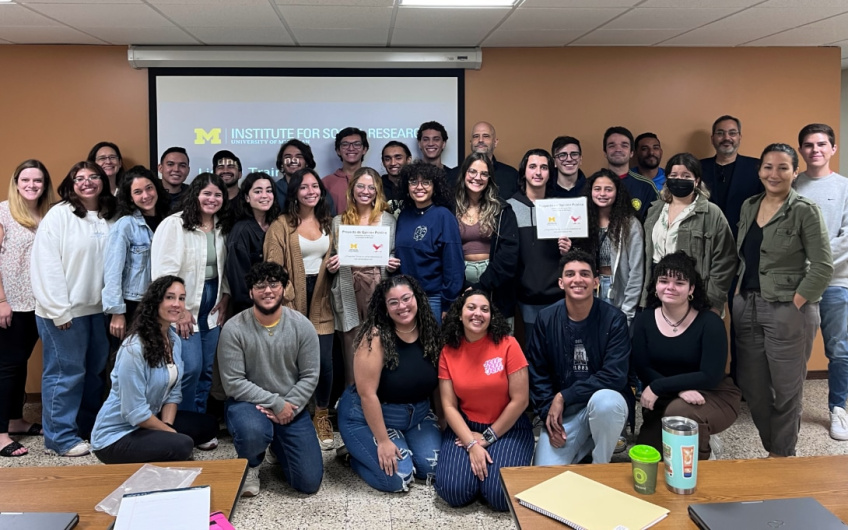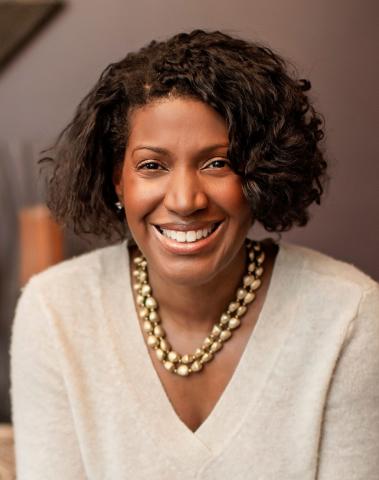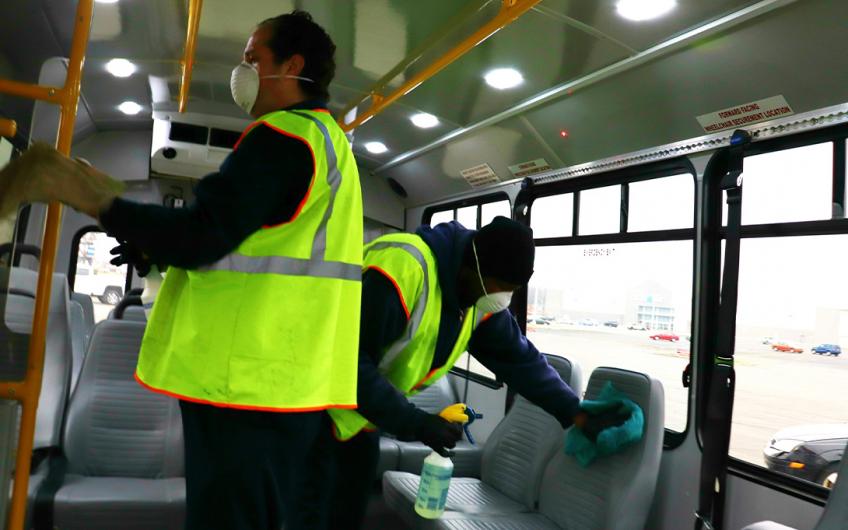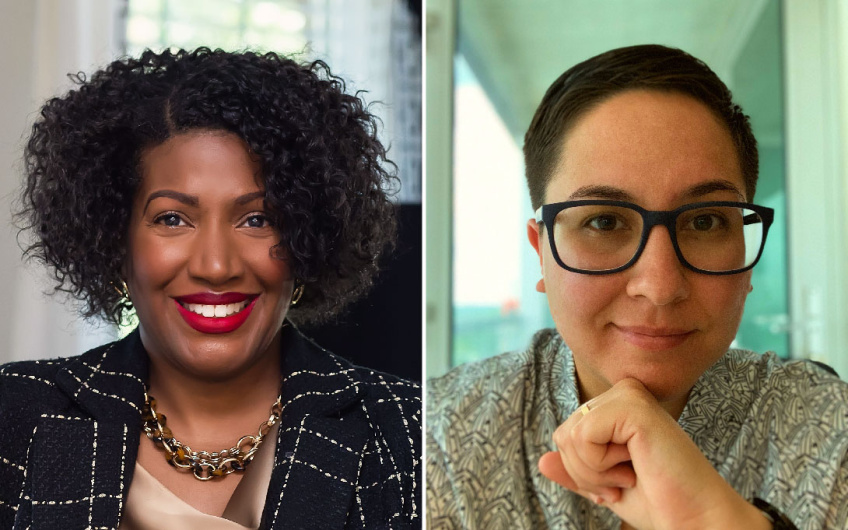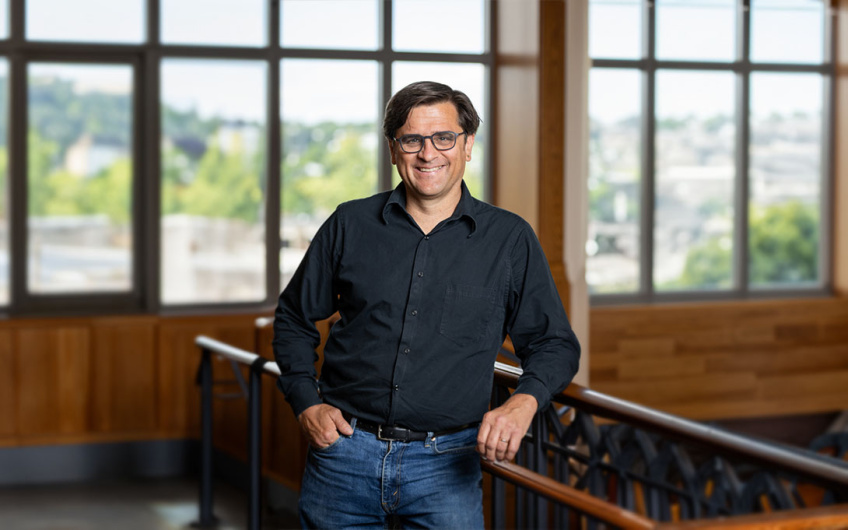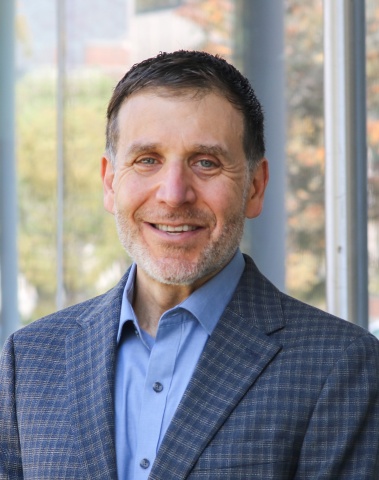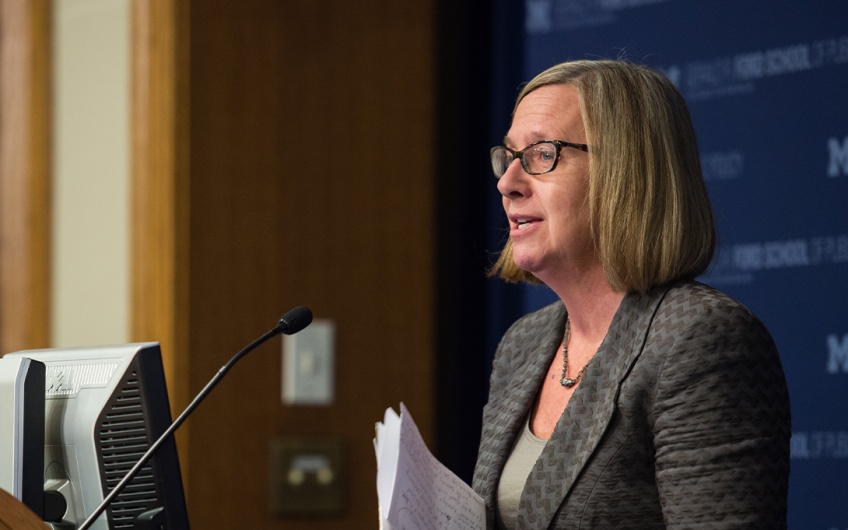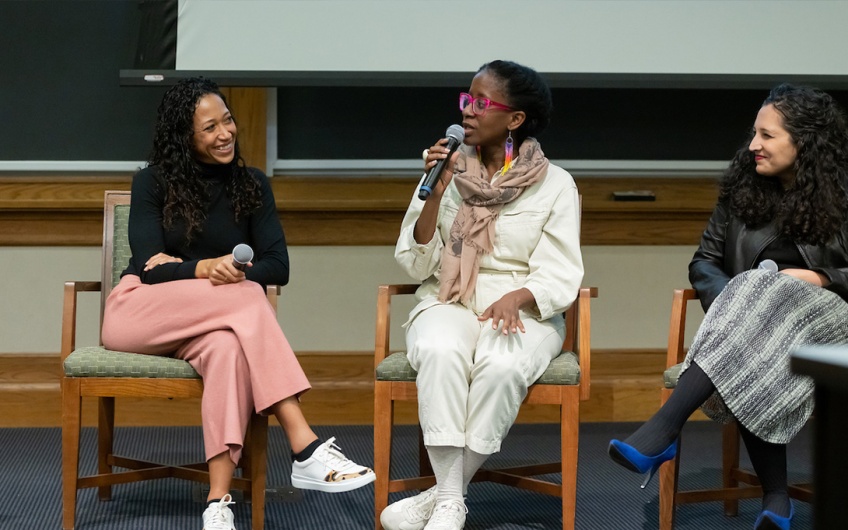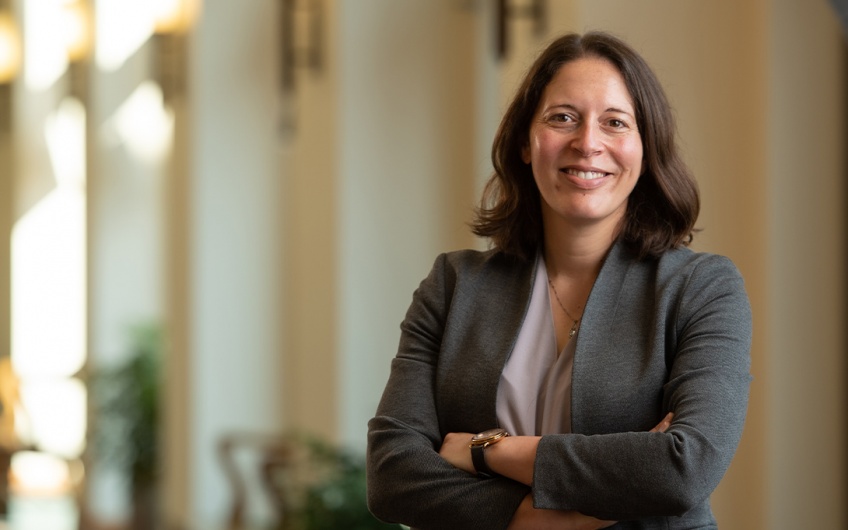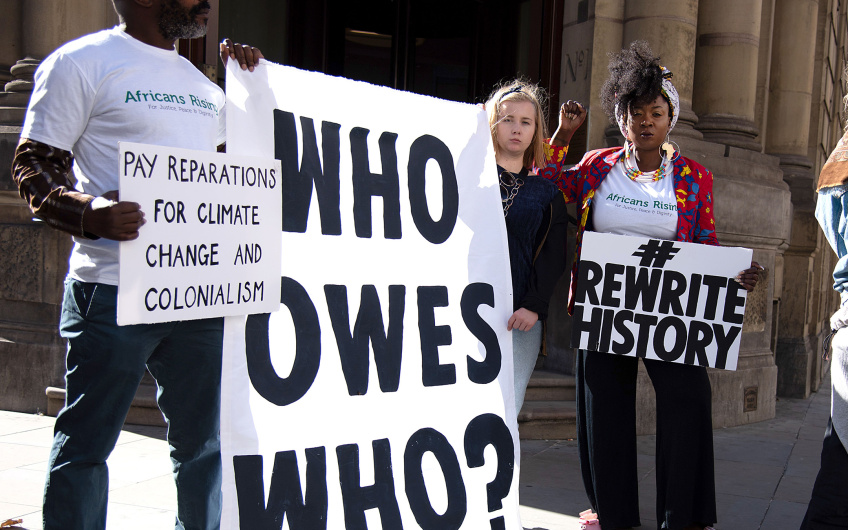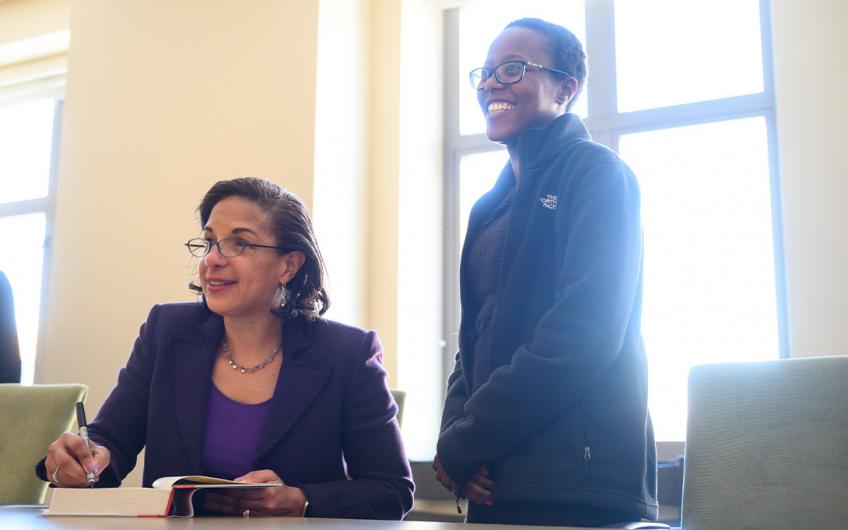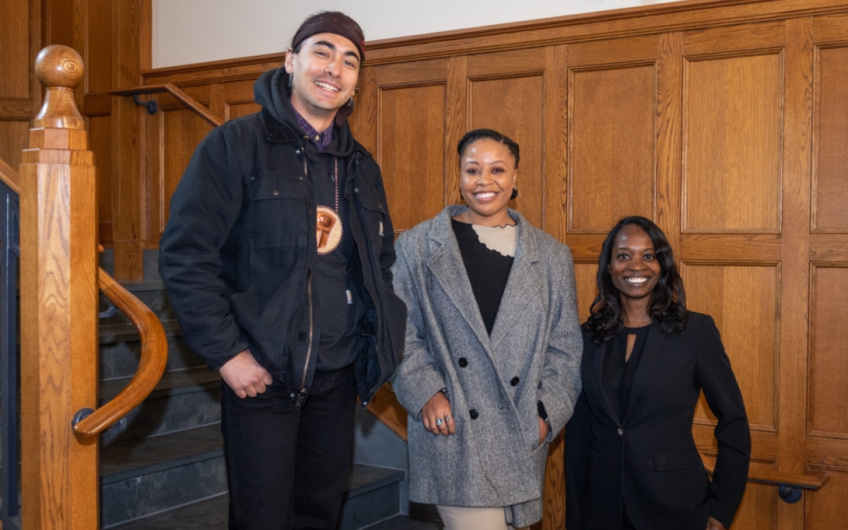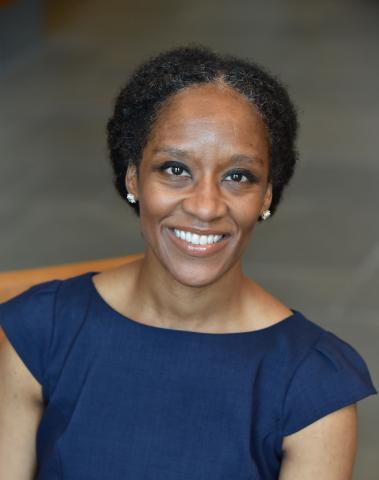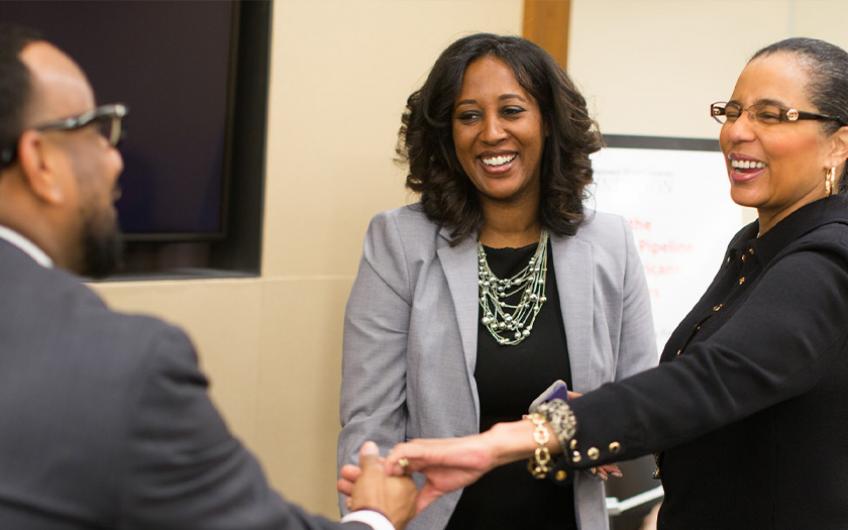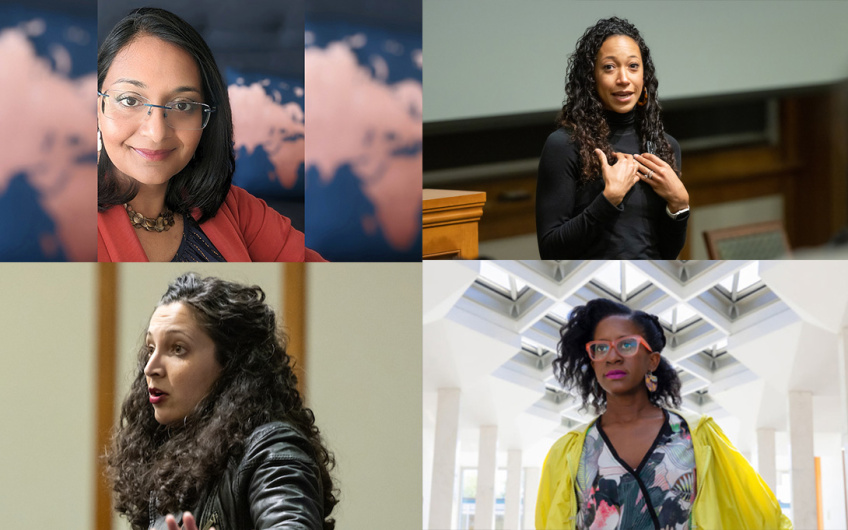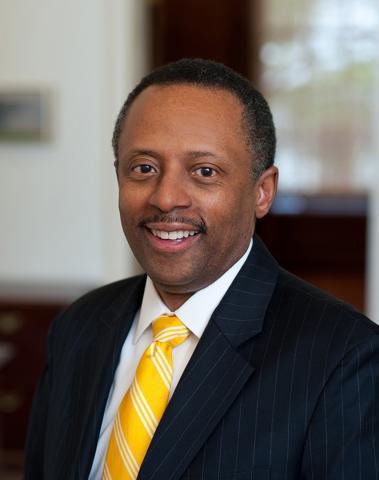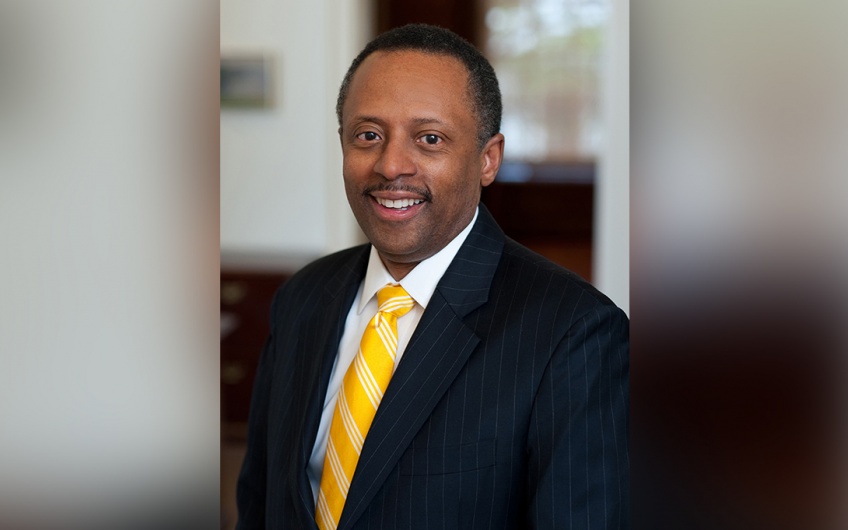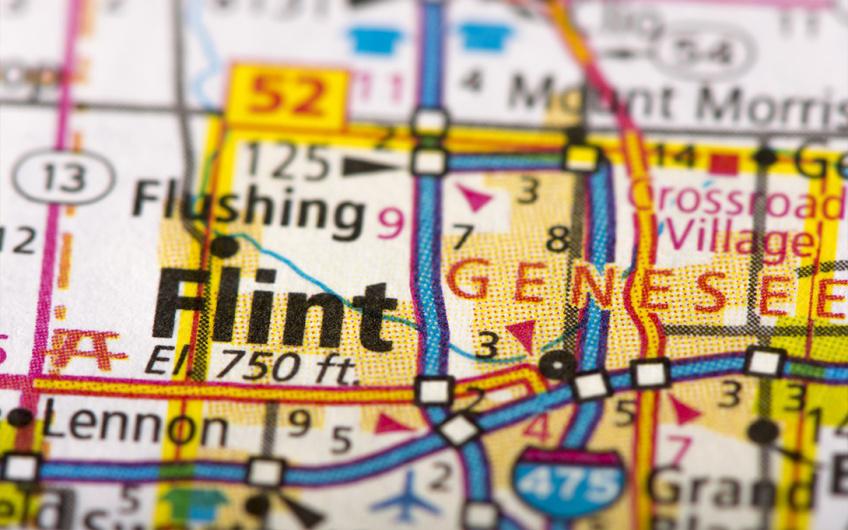Racial justice
Our faculty think, speak out, and teach about structural inequality–about differential outcomes and experiences for Black people and other marginalized populations in education, policing, health, economics, finance, and other key systems.
Racism is an urgent issue in America, with police violence and the powerful Black Lives Matter protest movements front and center in our minds; the issue is urgent and current, and yet it’s also far from new. Racist violence and inequality in our systems, in the U.S. and abroad, are the result of centuries of laws, policies, and institutions that have entrenched and enforced white supremacy.
Ford School faculty help lay those structures bare, through the overlapping lenses of sociology, history, economics, political science, and more.
Ford School students are campus leaders in the work for racial justice. They know how to build coalitions, analyze power structures, and advocate for their positions. When they graduate, many of them dedicate their careers to making public policies that shape more just, peaceful communities.
Anti-racist practice starts within our own walls. The Ford School is deeply committed to making our own community more inclusive: learn more about our strategic plan for diversity, equity, and inclusion.
Together, our community is committed to using the tools of public policy for good—to building structures and institutions that are just for all.
Injustice of place: Learning from history
Events
View allAmplifying the voices of Puerto Rican communities
Celeste Watkins-Hayes
Jeffrey Morenoff
Related videos
Watch more video-
MLK Day lecture - Montgomery, AL, Mayor Steven Reed Jan 16, 2024
-
Jelani Cobb: "The half-life of freedom" Jan 24, 2023
-
Arab American Perspectives in Public Policy Apr 6, 2023
-
Lourdes Rivera: Pregnancy Justice Nov 8, 2023
-
Public monuments and our histories: Reframing the memories of our nation Jan 18, 2021
-
Linda Villarosa: Racial disparities in U.S. medical care Jan 23, 2023
Stephanie Sanders
Earl Lewis
He was recently awarded a $5 million grant from The Andrew W. Mellon Foundation to build on institutional and community-based partnerships to explore localized reparations solutions.
Masterclass in activism with Angela Harrelson
